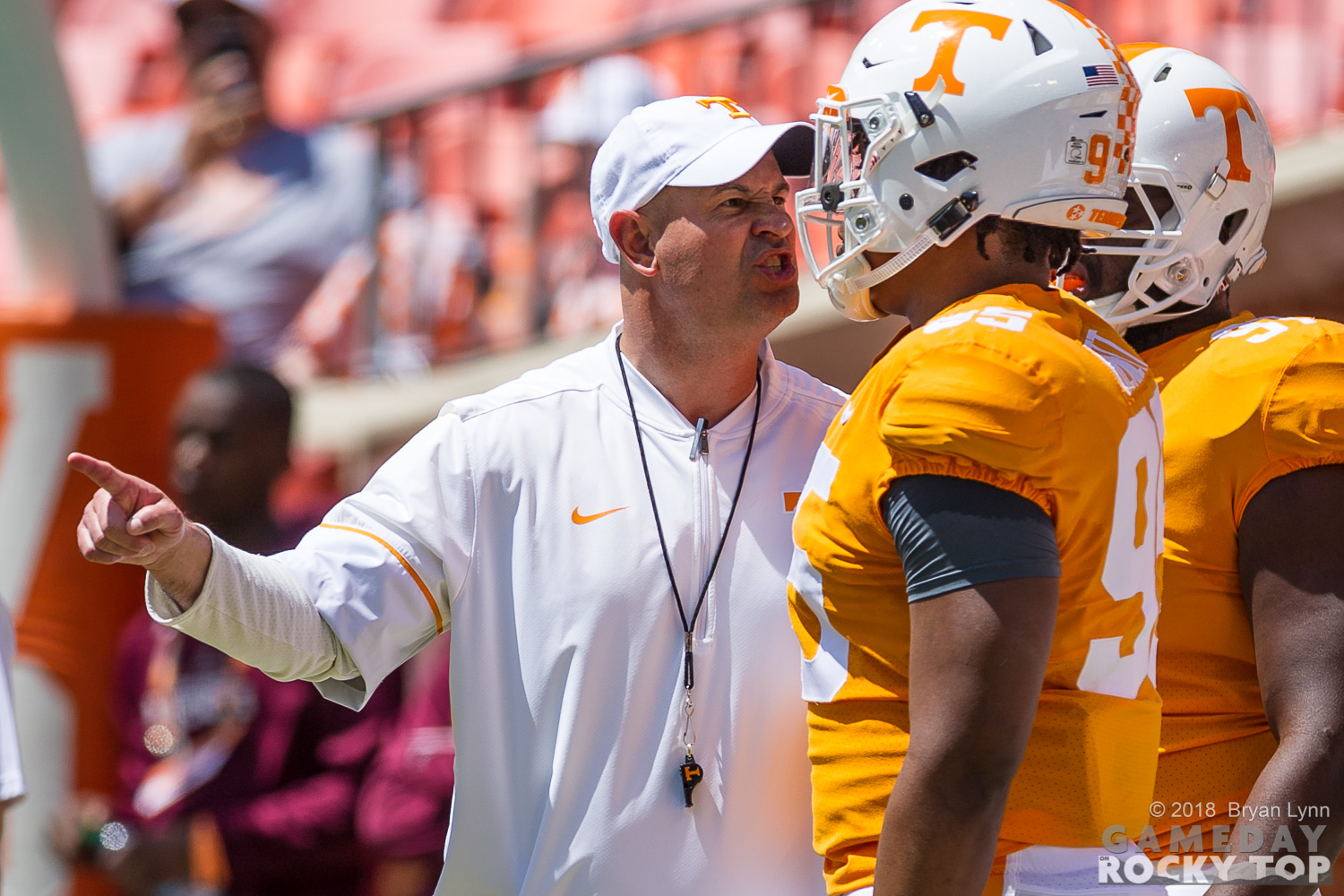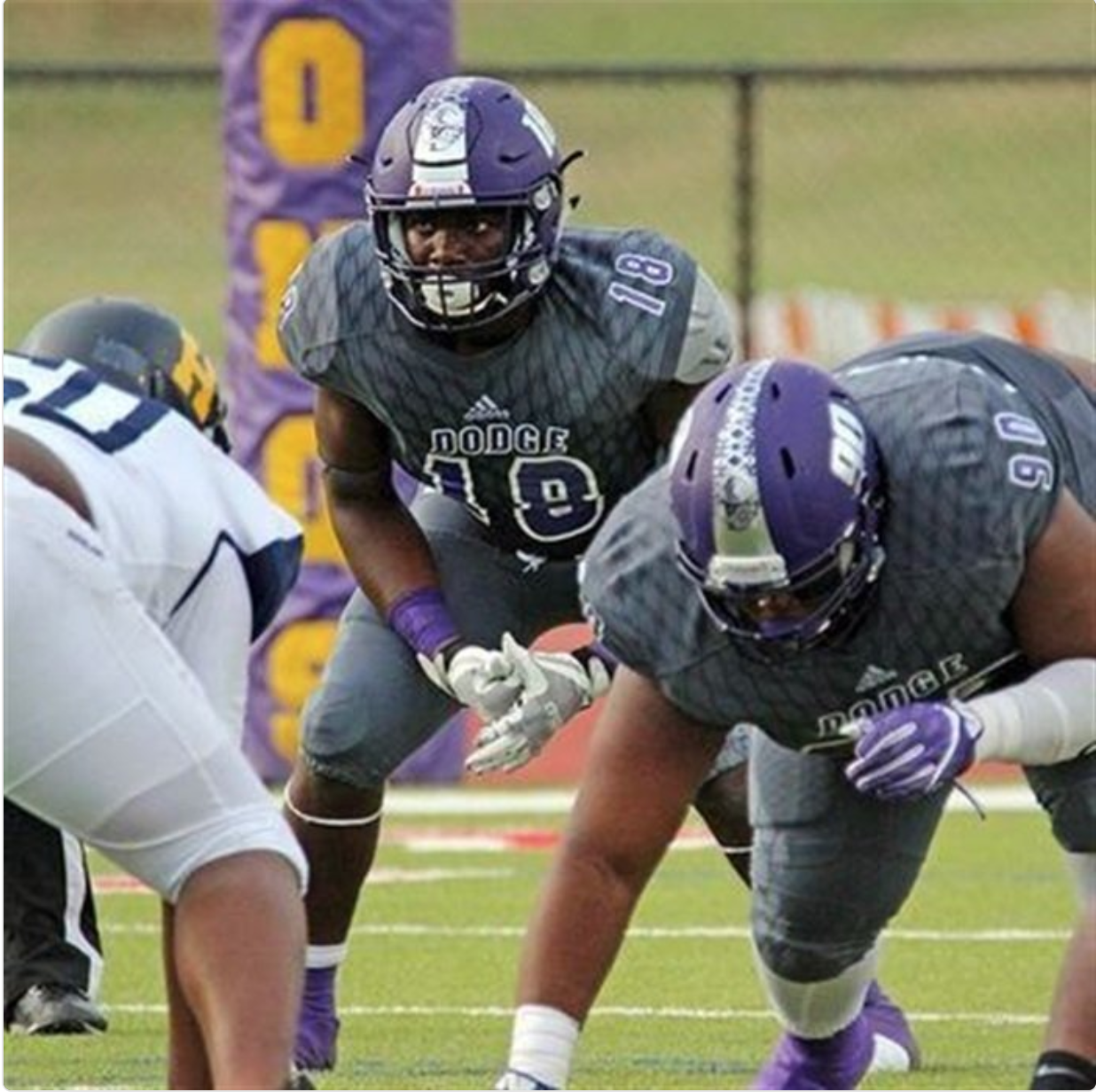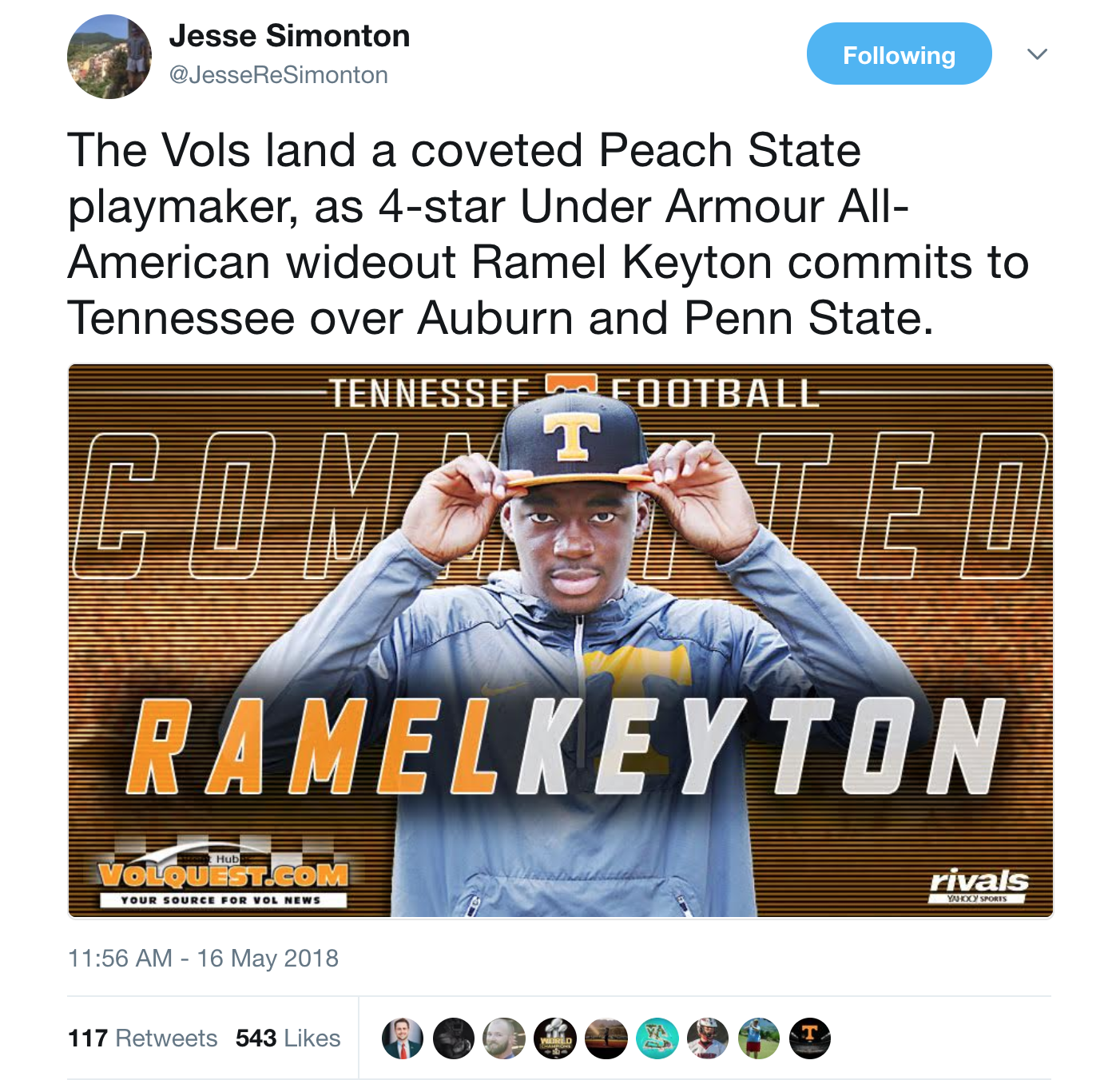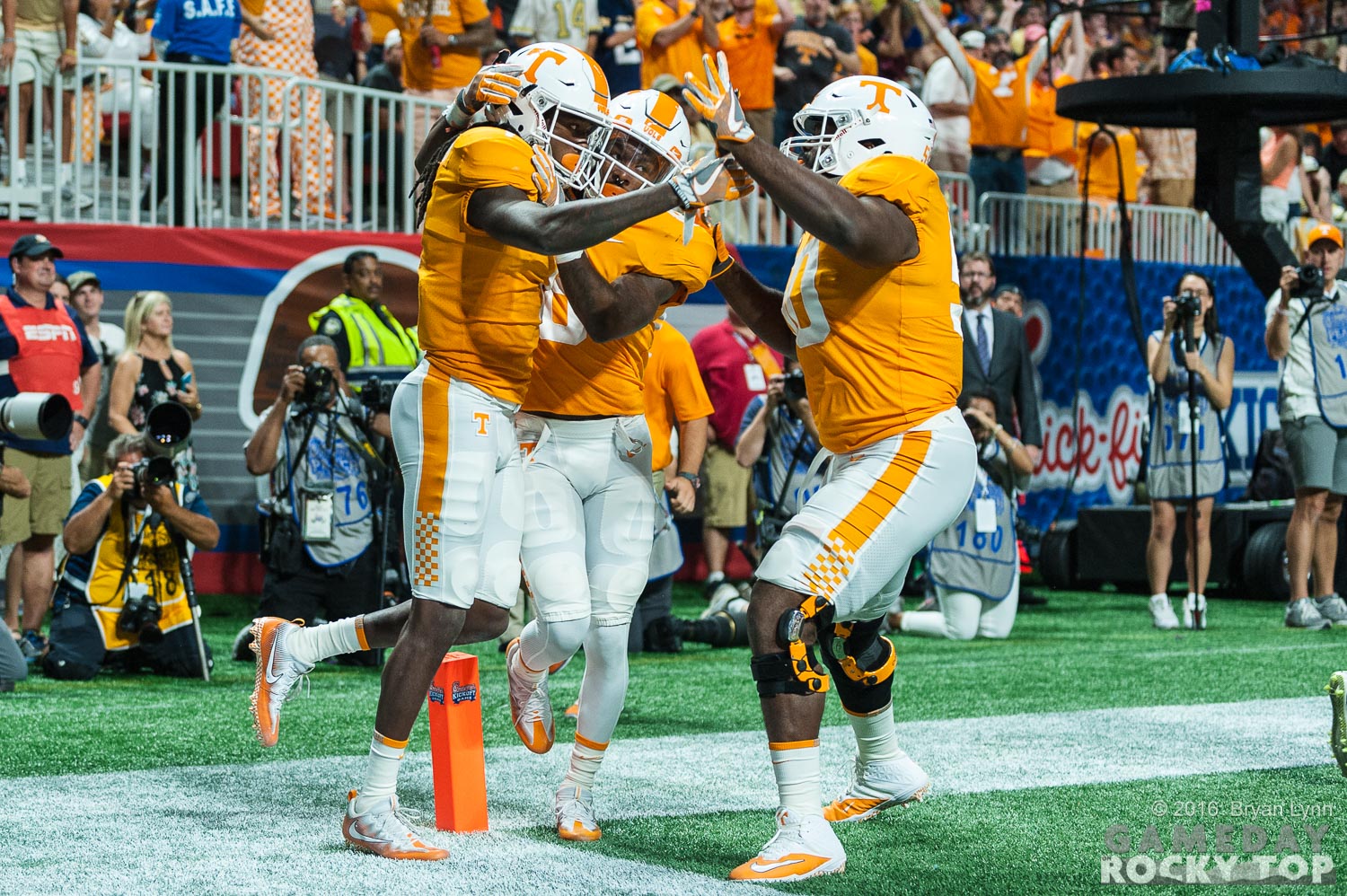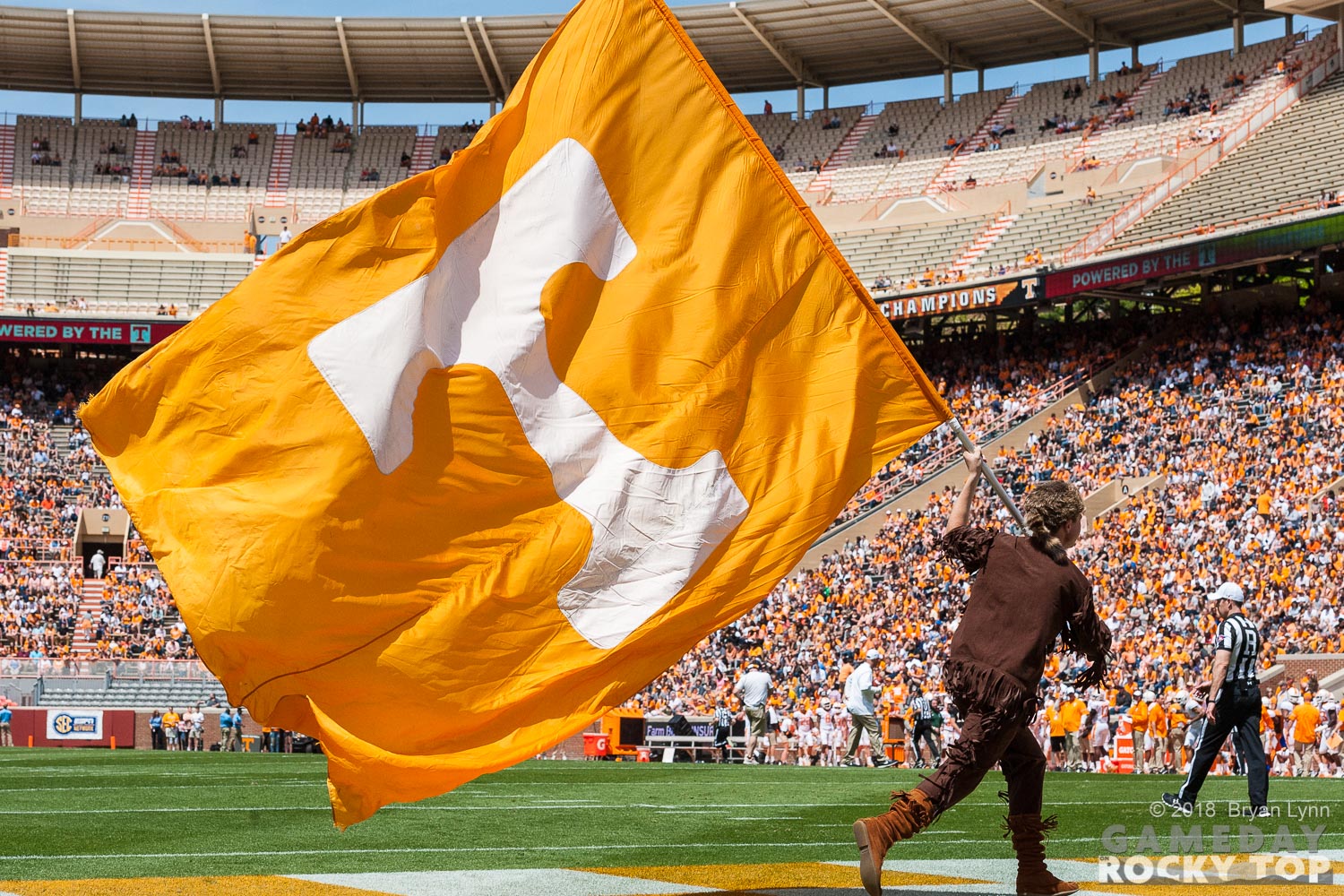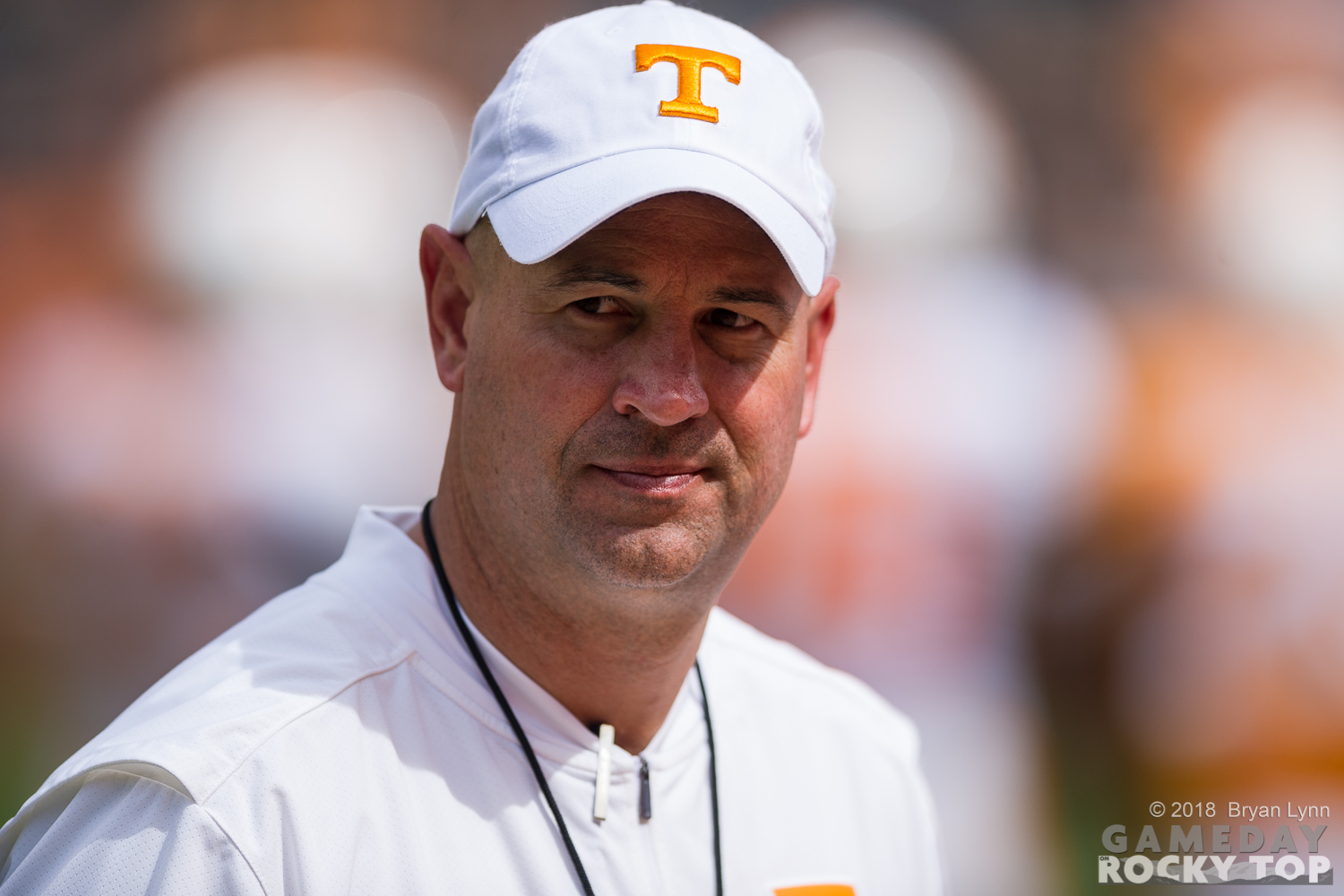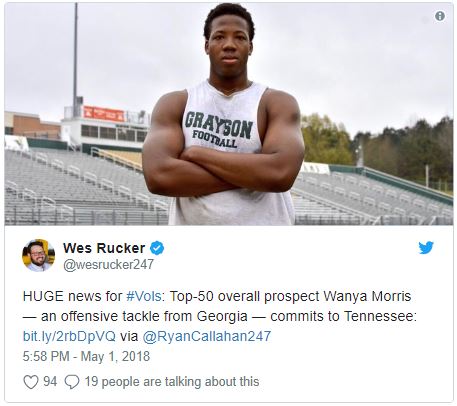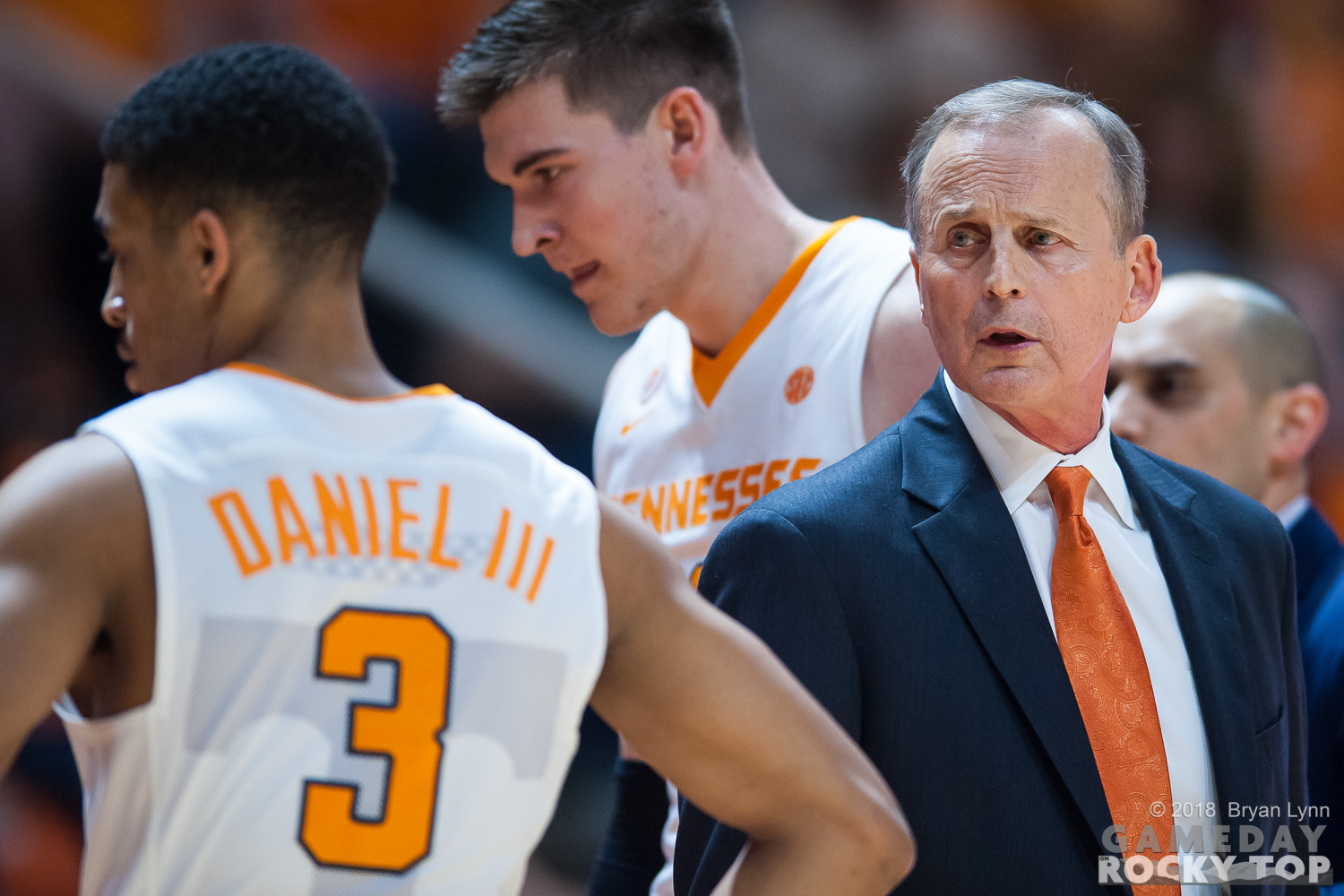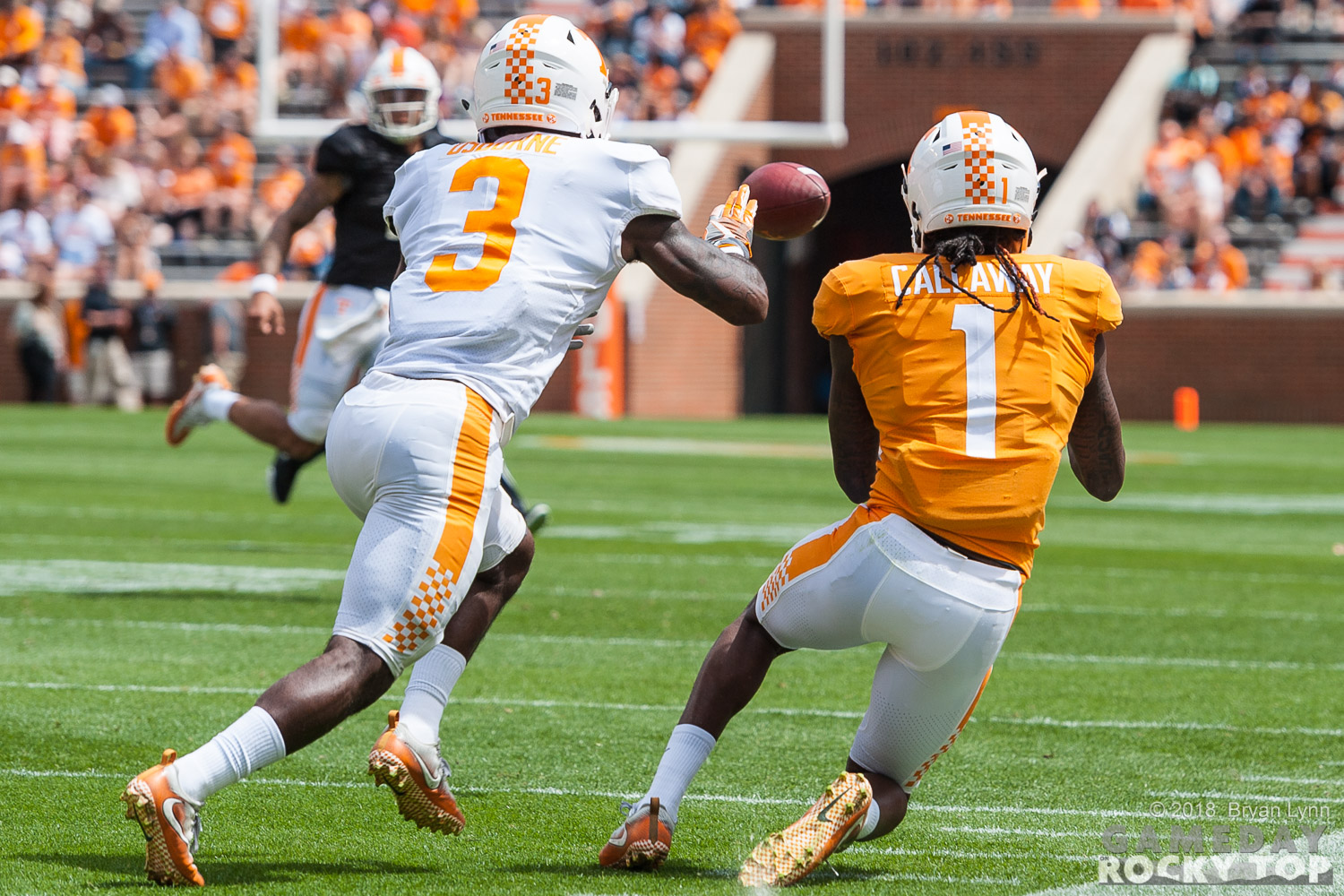It’s easy to remember Peyton Manning, Reggie White, Doug Atkins and Johnny Majors for their on-the-field achievements, and they all have legitimate reasons for having their names and jersey numbers enshrined, retired and hanging on the facades of Neyland Stadium for the rest of time.
But you may not know that much about Bill Nowling, Rudy Klarer, Willis Tucker and Clyde “Ig” Fuson, whose Nos. 32, 49, 61 and 62 hang alongside those of the other four. It’s their contributions off the field that led to former athletic director Mike Hamilton’s decision to retire their numbers for good in 2006.
It was one of the few good things Hamilton did as UT AD.
Because, while Manning, White, Atkins and Majors may have been Tennessee legends, Nowling, Klarer, Tucker and Fuson are national legends. They paid the ultimate sacrifice, dying for our country in battle so that we can remain free.
This Memorial Day, while we are all enjoying our lake trips and weenie roasts, we need to remember what the holiday is actually for. And, it would be good for you as a Tennessee fan to remember a little about the four former Vols who left this world ensuring we can have the same rights we enjoy today in ours.
Hopefully one day when your child is sitting beside you in Neyland Stadium — hopefully watching a worthwhile football team again — and he or she looks up and asks you about these men, you’ll be able to tell them a bit about them.
Back in 2009 on our old Rocky Top Talk site, I wrote essentially this same article in our “100 Days of Vols” series. I’m writing it again. It will never be enough to say thank you. Then, I wrote:
Bill Nowling, Rudy Klarer, Willis Tucker and Clyde Fuson are names that don’t immediately come to mind when you think of the Tennessee greats. A few years ago when we counted down the top 100 Vols of all-time on my old blog, 3rd Saturday in Blogtober, none of those guys made the list. But they’re the biggest heroes to ever wear the orange and white.
Nowling (No. 32), Klarer (No. 49), Tucker (No. 61) and Fuson (No. 62) gave the ultimate sacrifice for our freedom in World War II. They died so we could be free and so we could stand out there today, eat hot dogs, have cold beverages, shoot fireworks and practice our beliefs — whatever they may be. They died for more than a petty football game. It’s easy in the South for football to be “life” and “death.” We talk about plays killing us and about the field of battle and use all these sports cliches to describe what we see on those yard lines.
But a lot of us have no idea what true battle, true war, is. The ones of us who do know that a football game is just a football game.War is war. Life is life. And when you put that precious life on the line for a bunch of strangers, and you lose that life, that’s the most selfless act imaginable. Nowling, Klarer, Tucker and Fuson did that. For you. For me.
UTSports.com provided a little information on them all when they were honored back in ’06.
Nowling played from 1940-42 for General Robert Neyland (whose rich war history you should read about, as well). According to the article, Nowling was a three-year starter at the all-important position of fullback. In ’40, the Vols were the national champions, and Nowling was a big part of that. Those were some of the best teams in school history. Just how good?
The Vols lost just four games during Nowling’s three seasons.Nowling was a St. Petersburg, Florida, native who died August 9, 1944, while serving in World War II at the age of 23.
Klarer was a teammate of Nowling who played in 1941-42. He started in his final year for the Vols after serving as a backup his first season.
The native of Louisville, Kentucky, was a key member of the 1943 Sugar Bowl champions, but he left the team immediately after the win over Tulsa for Officer’s Training in the Army at Fort Benning, Georgia, according to the UTSports.com article. “Klarer was a 2nd Lieutenant and platoon leader in Germany during World War II. He was killed in action on Feb. 6, 1945, and Klarer received the Silver Star citation posthumously,” the article states.
Tucker was a hometown boy, a Knoxville High School graduate who played two years on the offensive line for a pair of dominant UT squads in 1939 and ’40.
He was a backup at center and guard on the undefeated ’39 team, and then Tucker earned a letter on the national championship team the next year while also standing out as a sprinter for the track team. Tucker, who was named the top track athlete in Tennessee from 1900-50, lost just two games during his career at Rocky Top, and never lost a regular season game, according to the UTSports.com article.
Tucker was killed in action in Germany just prior to the Battle of the Bulge on Nov. 28, 1944, at the age of 26.
Finally, Fuson played just one season for the Vols, sharing time with Nowling at fullback on the 1942 team that finished 9-1-1. He, like Klarer, was a Kentucky native, hailing from Middlesboro. He enlisted in the Army in 1943 and was killed in action in Germany on Dec. 4, 1944, while serving with the 84th Infantry Division.
“These four courageous men made the ultimate sacrifice for this country,” Hamilton said at the time he made the decision to retire the numbers. “We recognized them in the past, but this is a good opportunity for us to recognize their families on the field. It is of significance the ceremony will be during the Air Force game, when UT plays one of the many honorable branches of the military.”
These four men are legendary, just as are the others who died fighting for us throughout the years. Hollywood may glamorize death, but those that come in battle are often gruesome, gritty and heartbreaking to those left behind. It’s easy to think of football as a safe haven, no matter how violent it is, but the bottom line is these are 18-22-year-old kids “battling” on our television sets. During World War II, these were the same kids who were dying by the thousands on foreign soil.
So, enjoy your day off tomorrow. Enjoy all the trappings of freedom that we have. But find a soldier and thank him or her for the sacrifices they and their families make every single day. Then think of those who didn’t make it home to hug their loved ones one last time.
We may “live and die” with every Vols play. But these men literally died protecting us, preserving our way of life and honoring what it means to be an American. Thank you all, gentlemen — and to all the ladies and gentlemen who serve us still.
You are the legends, in the truest sense of the world.

